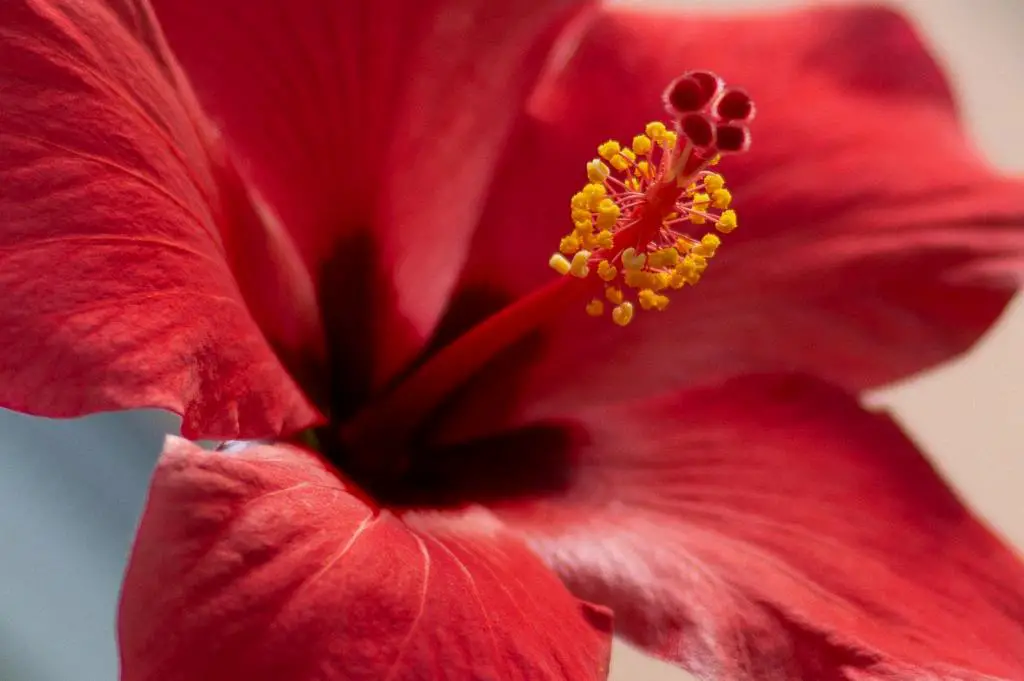During pregnancy, one of the key considerations is ensuring the health and well-being of both the mother and the developing baby. This involves paying close attention to the foods and beverages consumed, as some may have an impact on pregnancy outcomes. One common question that often arises is whether pregnant women can safely consume hibiscus.
Hibiscus is a popular herbal tea known for its potential health benefits, such as its antioxidant properties and ability to lower blood pressure. However, when it comes to pregnancy, caution is advised when consuming hibiscus due to its effects on the body.
One of the primary concerns with hibiscus consumption during pregnancy is its potential to lower blood pressure. While this can be beneficial for individuals with hypertension, it could pose risks for pregnant women, especially those who may already have lower blood pressure levels. A sudden drop in blood pressure can lead to dizziness, lightheadedness, and in severe cases, even fainting.
Another consideration is hibiscus’s association with uterine contractions. Some studies have suggested that hibiscus tea may stimulate contractions in the uterus, which could potentially lead to complications during pregnancy, such as premature labor or miscarriage. This is why healthcare providers often advise pregnant women to limit their intake of hibiscus tea and other herbal teas with similar effects.
Although hibiscus is generally considered safe when consumed in moderate amounts as part of a regular diet, it is important to exercise caution during pregnancy. The concentration of active compounds in herbal teas like hibiscus can be more potent than those found in food sources, which is why moderation is key.
When in doubt, it is always best to consult with a healthcare provider before including hibiscus or any other herbal remedies in your diet during pregnancy. Your doctor or midwife can provide personalized guidance based on your individual health status, pregnancy history, and any underlying medical conditions.
It’s worth noting that individual responses to herbal teas like hibiscus can vary, so what may be safe for one person during pregnancy may not be suitable for another. Listening to your body and paying attention to any potential adverse reactions is essential when considering herbal remedies during this crucial period.
While hibiscus may offer health benefits for some individuals, the potential risks associated with its consumption during pregnancy cannot be overlooked. It’s always better to err on the side of caution and opt for alternative beverages that are known to be safe for expectant mothers, such as plain water or caffeine-free herbal teas.
Ultimately, the decision to consume hibiscus during pregnancy should be made after careful consideration of the potential risks and benefits. If you have any doubts or concerns about including hibiscus in your diet while pregnant, don’t hesitate to seek guidance from a qualified healthcare professional who can provide personalized advice tailored to your specific situation.
Remember, your health and the well-being of your baby are top priorities during pregnancy. By staying informed, seeking guidance when needed, and making mindful choices about your diet and lifestyle, you can promote a healthy and safe pregnancy journey for both you and your little one.

